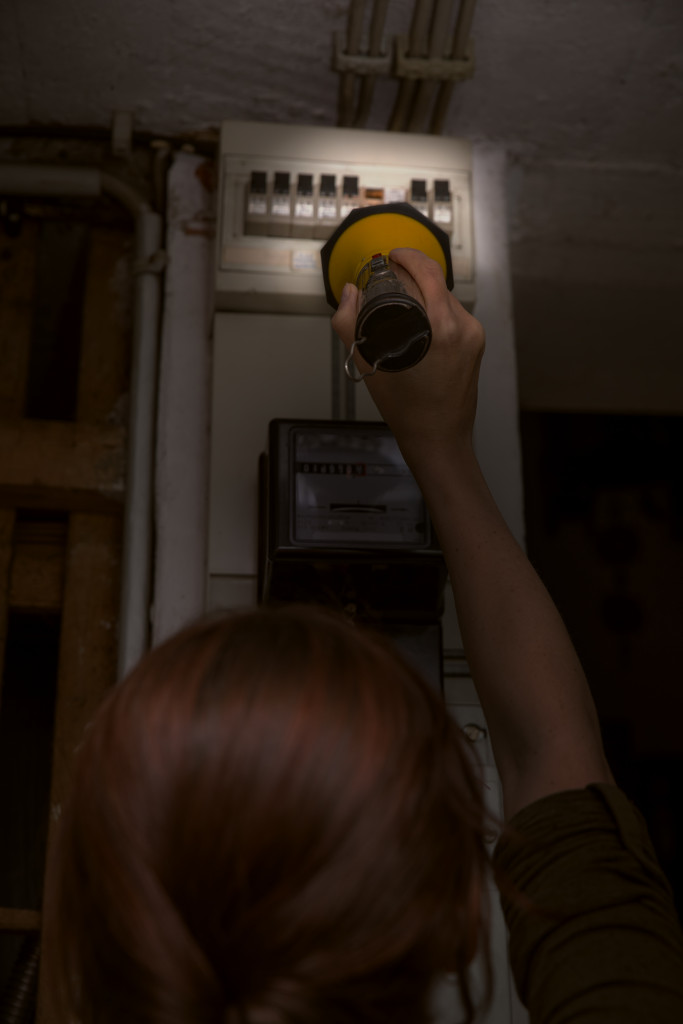This coming winter, people in the United Kingdom are at risk of possible power outages. The Guardian reported that in the early morning of September 15, a fire necessitated the shutdown of a major power cable that carries 2,000 megawatts of electricity from France. According to Bloomberg, the cable may be back to half of its capacity by September 25 depending on the magnitude of damages.
Full capacity is not expected until March 2022. Experts state that the spare capacity for winter was at the lowest in the last five years before the fire happened. With an even lower supply from France, the risk of outages has increased as power demand heightens in the colder months.
Dangers of Winter Power Outages
Having no power and heating in extremely cold weather is dangerous, especially for vulnerable individuals like infants, children, the elderly, and those who are sick. People who use electrically powered medical devices need to have an uninterrupted power supply. Some medicines need continuous refrigeration.
Families, especially those who have vulnerable members, must have a home generator ready to use in case of power outages. There are various sizes to choose from, depending on the need. Portable generators can power a refrigerator, lights, and a stove. Large standby generators turn on automatically in an outage and can power the home’s heating, ventilation, and air conditioning (HVAC) system as well as all appliances and lights.
It is crucial to get a professional home generator installation, though, because there are precautions needed for safety. A generator must be installed outside the house, at a distance of at least 20 feet from doors and windows. It must not be installed within the garage. This is because it emits carbon monoxide which is deadly when inhaled. It is best to also install carbon monoxide detectors throughout the house because this gas is odorless.
The generator must be protected from rain and other sources of wetness, but still be well ventilated. Keep enough supply of the fuel that the generator runs on, whether diesel, petroleum, or natural gas. This must also be kept in a well-ventilated place.
Appliances that are not connected to the generator must be turned off and unplugged. This will protect them from sudden electrical surges when the power comes back on.
Meanwhile, prevent water pipes from bursting by turning off your water supply and then leaving faucets open to drain the pipes. Save the water in large containers for use in the kitchen and bathroom.

Heating the Home
Prepare for winter by ensuring that doors and windows are properly air sealed. There are also energy-efficient windows and doors that help keep the cold out. Check that your home has proper insulation in the attic, walls, and basement.
A wood-burning fireplace is a very useful piece of equipment for heating the home during a winter power outage. For families who have generators, this will lessen the load and extend fuel usage. Have enough supply of dry firewood on hand. The chimney and vents must be regularly cleaned and inspected, though, because these can be fire hazards if clogged or damaged. There can also be a build-up of highly toxic creosote in the flue. Ensure that the flue is always open when using the fireplace.
Unvented fuel-burning heaters must not be used in enclosed rooms because these emit dangerous fumes. Other combustion appliances like gas stoves and ovens also have dangerous emissions and must not be used to heat a room.
To maximize heat from the sun, open the curtains or blinds on sun-facing windows during the day. At sundown, close the curtains to keep out the cold. Use thick curtains in winter. Close interior doors and, whenever possible, keep residents within one room.
Cooking During the Outage
Use only vented cooking equipment indoors during a power outage. Do not use unvented gas grills or camp stoves meant for outdoor use because these emit toxic fumes. You can heat water and cook food over a wood-burning fireplace with a chimney and an open flue.
A full freezer can keep its contents frozen for up to 48 hours if kept closed, while a half-full freezer can keep for 24 hours. If the power outage lasts longer, cook whatever you have in stock to avoid spoilage. Food in the refrigerator can keep for up to four hours. Consume what you can before they spoil. Once perishable food has reached 40 degrees Centigrade for at least two hours, throw it away.
It is best to stock up ahead of time on non-perishable food with long shelf lives that do not need cooking. Include enough drinking water.
Preparation is Power
If a power outage happens in the thick of winter, you can still manage at home as long as you are prepared. An outage can last for just a few hours, but it is best to plan for the worst-case scenario of several days without electricity.

